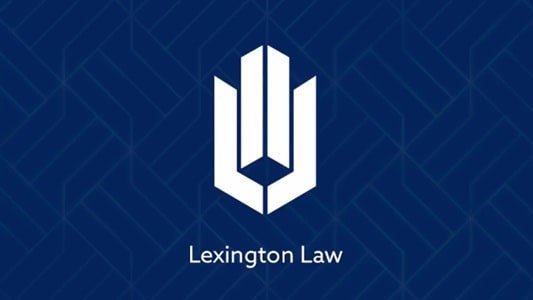Well, if you look at what the Lexington Law and CreditRepair.com companies claim to offer (like fixing their credit reports and removing any negative marks), it all sounds super helpful on the surface. But is it though? Well, it turns out, there were a few things going wrong behind the scenes, and that is why this Lexington Law Class Action Lawsuit is a thing now. So, if you don’t know much about whatever’s going on with this case at the moment, then just keep on reading.
What Happened with Lexington Law & CreditRepair.com?
People trying to improve their credit commonly opt for these two companies. They advertised everywhere and served thousands. The price was simple: pay them and try to clean up your credit history with them.
The issue here is one of fair practice. Through aggressive telemarketing, fraud in advertisements, spamming, and all sorts of very dubious things, they would stretch ethical and legal regulations to the edge and finally cross over.

The Government Lawsuit (2016-2025)
CFPB can perhaps be regarded as the more serious instance. This body makes sure that financial institutions comply with the law. The CFPB at one point alleged that the clients were charged fees by Lexington Law and CreditRepair.com even before any real work had been done, something that is illegal. Both had also engaged in advertising that was misleading to the customers.
In August 2023, the court held them liable and ordered the payment of a fine of $2.7 billion. The government, through the court, had allocated $1.8 billion for the refund of the customers. More than 4 million people were affected, making this almost a landmark case in the credit repair industry.
If you have paid fees to Lexington Law or CreditRepair.com after a telemarketing pitch between March 2016 and August 2023, you may be entitled to a refund. Even if the payments were earlier, like in some cases, these can be as far back as 2011, which may qualify for a refund if there had been a transfer of the customer to Lexington Law or CreditRepair.com through one of their partners.
Refund checks will be mailed out on dates from December 5, 2024, to January 6, 2025. No forms need to be completed; there is no application to be made; the check goes automatically. The CFPB warns that there are scams wherein perpetrators are pretending to ‘help’ with refunds. Please do not give your Social Security number, bank information, or any type of money up front; this is a scam. Legit checks come directly to you from JND Legal Administration.
The Spam Calls and Texts Lawsuit (2013-2020)
Another case was against Lexington Law regarding spam calls and spam texts. The Telephone Consumer Protection Act (TCPA) restricts any company from sending robocalls or text messages without first receiving the permission of the recipient. Lexington Law violated the rule and ended up being sued over it.
In 2020, they settled the case for $11.45 million. Although the general public was not paid huge sums of money by way of compensation, about $6 each, the case showed the existence of an established pattern of misconduct. Some of the main plaintiff-witnesses got paid $2,500 each, whereas the lawyers who carried out the case got $1.45 million in fees.
Staying Safe from Scams
Scammers cannot resist the opportunity of making quick money every time a big refund is announced, so it will not be wise for us to assume the ambitious warnings that have come from the CFPB. Keep in mind:
- You don’t need to apply for your refund.
- No one should ask for your Social Security number, bank details, or money to release your check.
- The checks are mailed directly, and JND Legal Administration is the company handling it.
If you’re eligible, you’ll automatically receive the refund, no extra steps required.

Our dedicated team gathers information from all the reliable sources to make the law accessible and understandable for everyone. We provide the latest legal news stories from across the country, delivered straight to you.
